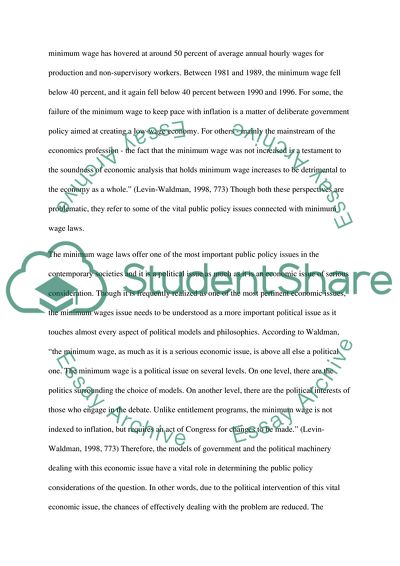Cite this document
(Public Policy Research Paper Example | Topics and Well Written Essays - 3750 words, n.d.)
Public Policy Research Paper Example | Topics and Well Written Essays - 3750 words. Retrieved from https://studentshare.org/law/1722770-public-policy
Public Policy Research Paper Example | Topics and Well Written Essays - 3750 words. Retrieved from https://studentshare.org/law/1722770-public-policy
(Public Policy Research Paper Example | Topics and Well Written Essays - 3750 Words)
Public Policy Research Paper Example | Topics and Well Written Essays - 3750 Words. https://studentshare.org/law/1722770-public-policy.
Public Policy Research Paper Example | Topics and Well Written Essays - 3750 Words. https://studentshare.org/law/1722770-public-policy.
“Public Policy Research Paper Example | Topics and Well Written Essays - 3750 Words”, n.d. https://studentshare.org/law/1722770-public-policy.


